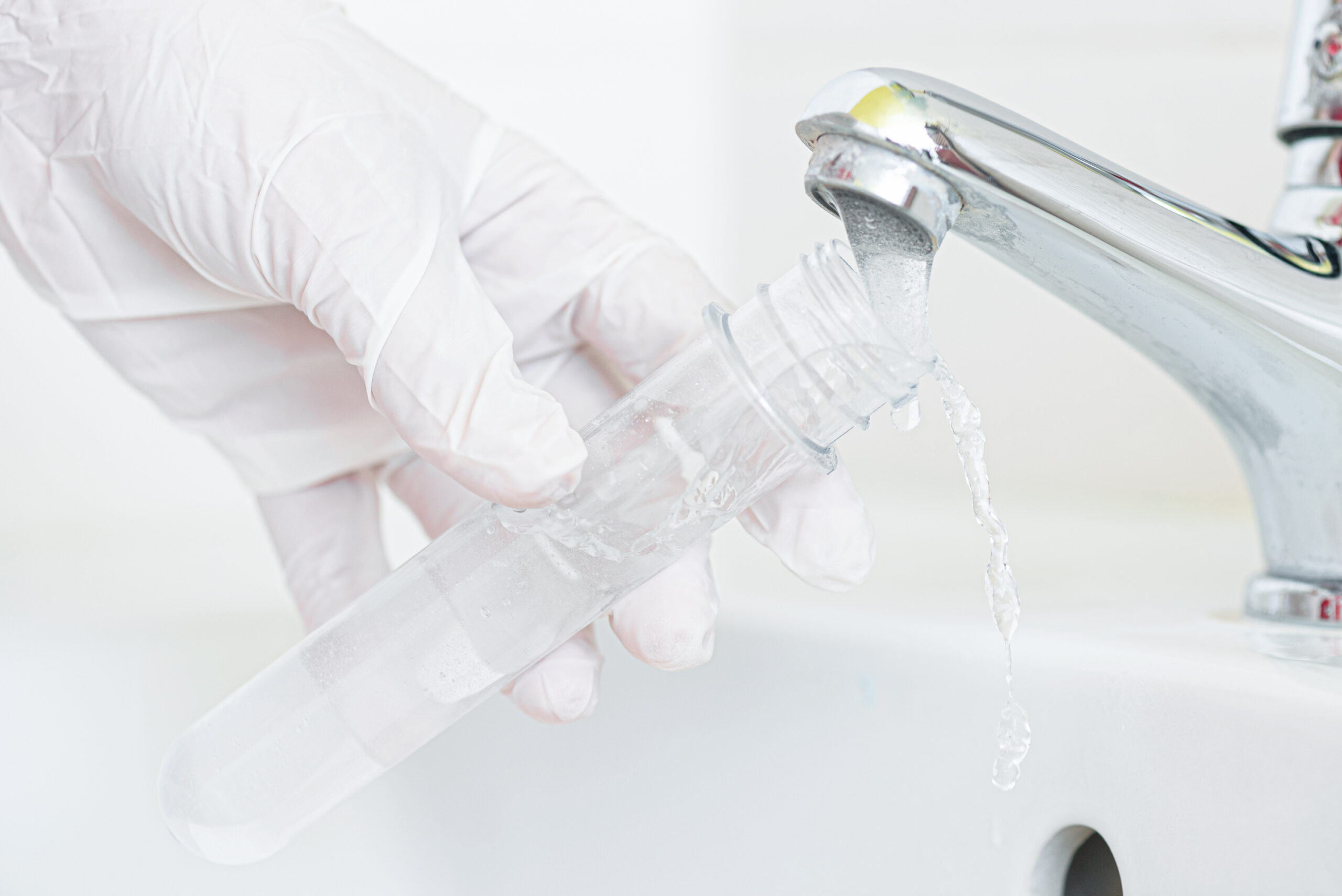At Pure Southern Water, we know that water is essential. It permeates every corner of our daily existence. We also know that not all water is created equal and that hard water can be a major struggle for those in Nashville & surrounding areas.
Symptoms of Hard Water
Hard water-related issues can be a large source of frustration. According to the Water Quality Association symptoms of hard water can include:- Stiff, dingy laundry
- Mineral deposits on dishes and glassware
- High soap usage & need for fabric softeners
- Extra work to remove soap curd on bathtubs & shower stalls
- High energy costs, possibly due to scale build-up in pipes and on appliances
- Scale build-up in sinks, tubs, faucets & appliances<p>
What is a Water Softener?
A water softener is a device that removes minerals like calcium and magnesium from hard water to make it “soft.” They are designed to reduce the hardness of water by removing calcium and magnesium ions, the primary minerals responsible for making water hard. A water softening system can use various methods to create “softened” water. The main purpose of water softeners is to improve water quality and protect plumbing and appliances from scale buildup caused by hard water. Finding the best water softener for your home and family’s specific needs is not a one-size-fits-all approach. Let’s talk about a few things you should consider before making this life-changing investment.
Understanding Your Specific Water Supply
Finding the best residential water softener first begins with understanding your water supply. Not all water sources are created equal, and water hardness can vary dramatically from region to region and even house to house. The level of hardness in water is determined by measuring how elevated levels of minerals such as calcium and magnesium are. These minerals can wreak havoc on your plumbing, appliances, and personal comfort. The best way to determine the hardness of your water is to get a professional water test. Understanding your water’s hardness level, often measured in grains per gallon (GPG) or milligrams per liter (mg/L), is crucial in determining the appropriate water softener capacity. What works for your friend a few blocks away may not be best for your home or solve the frustration you’ve been facing.

